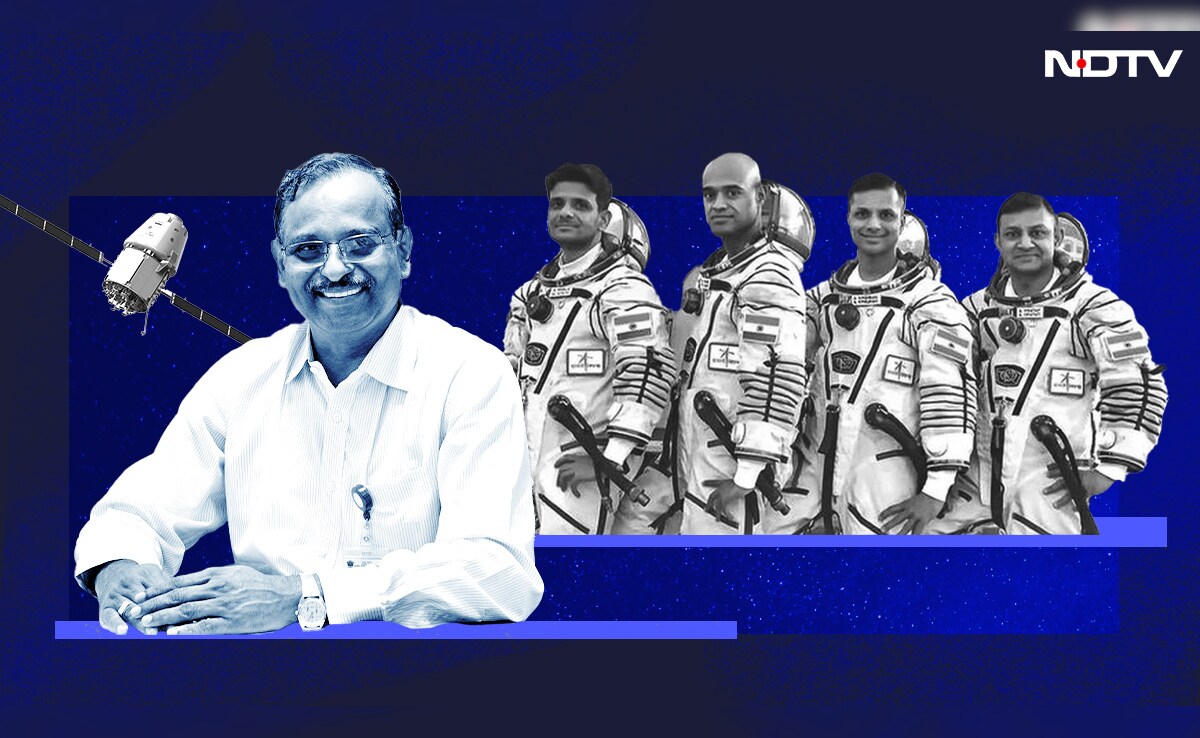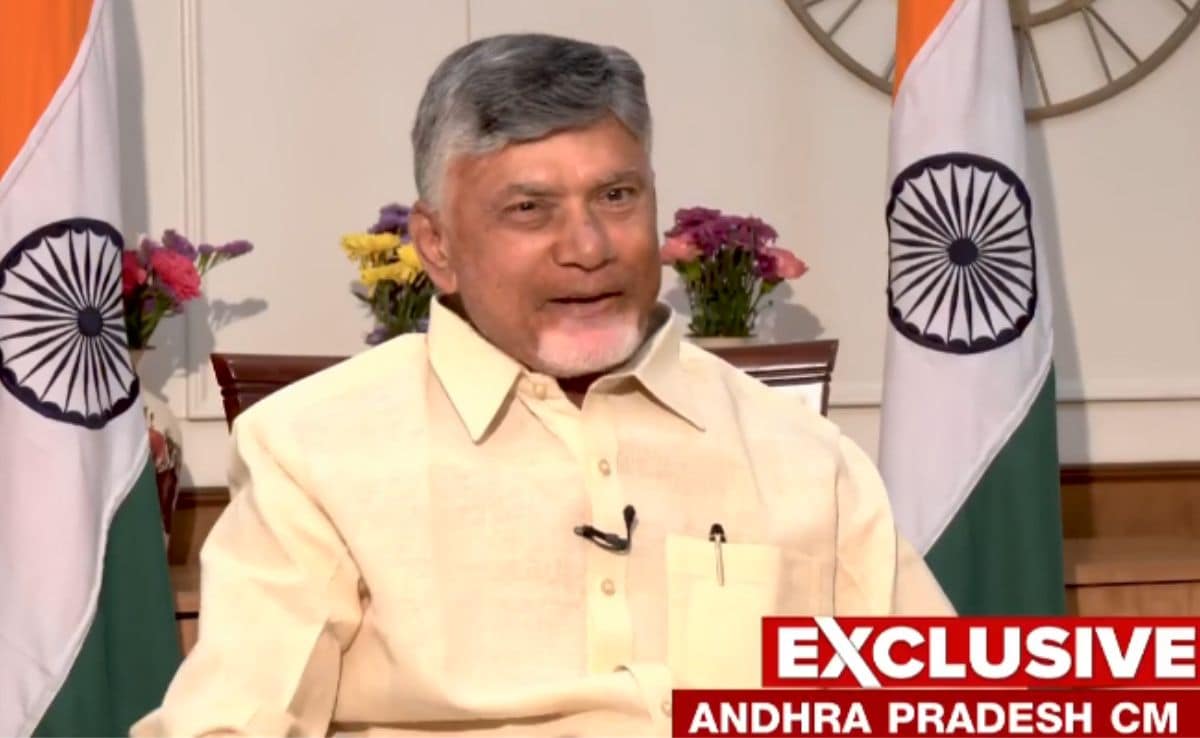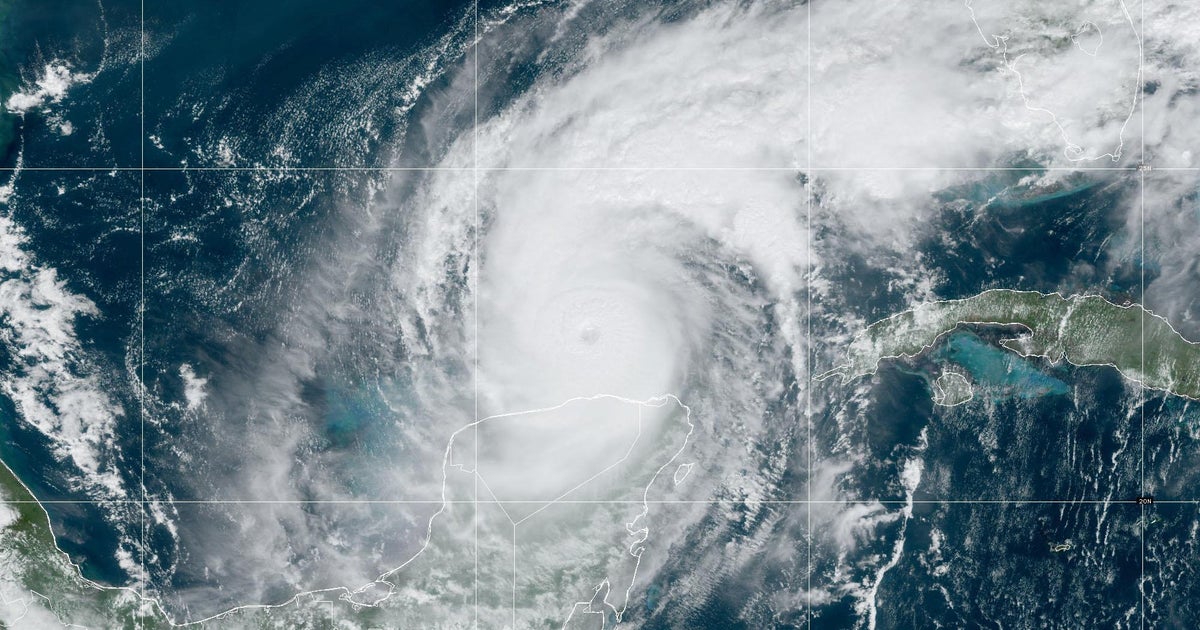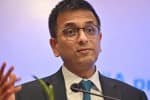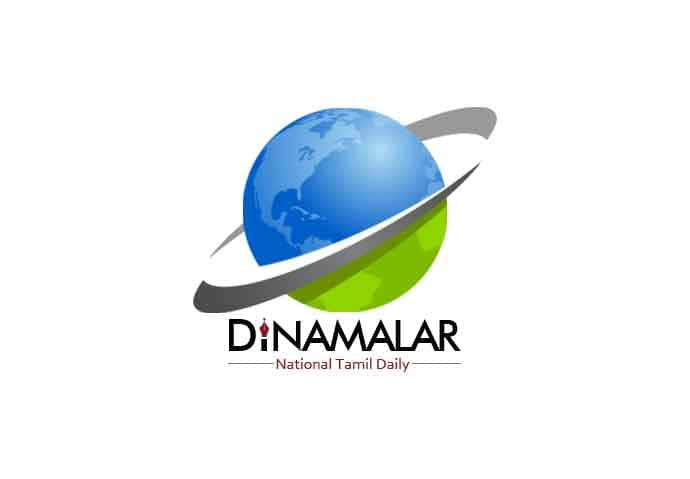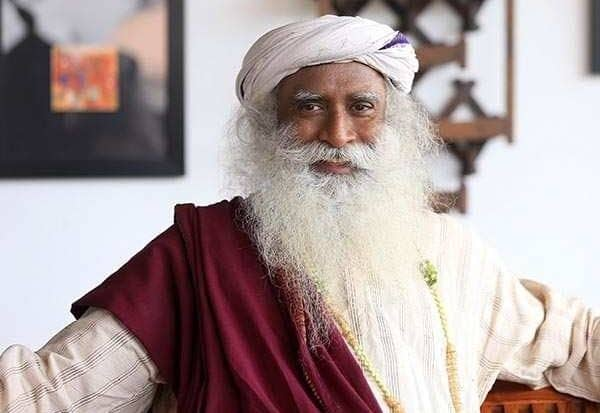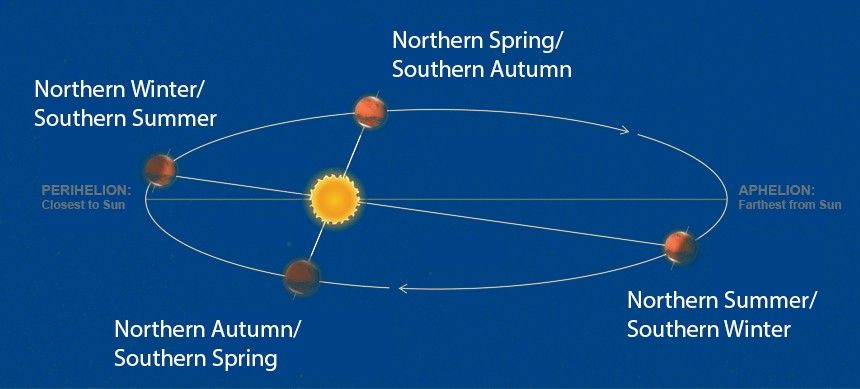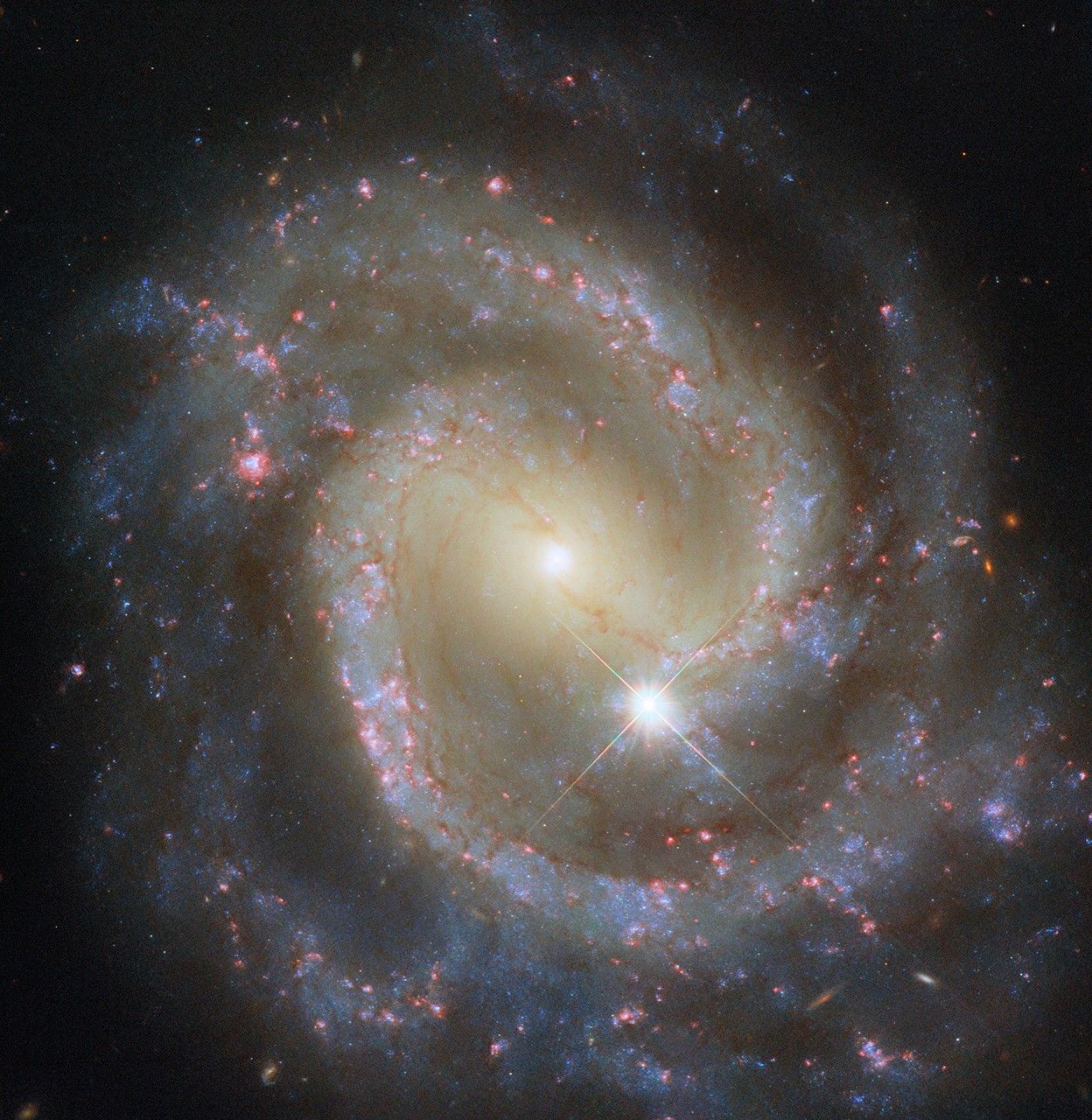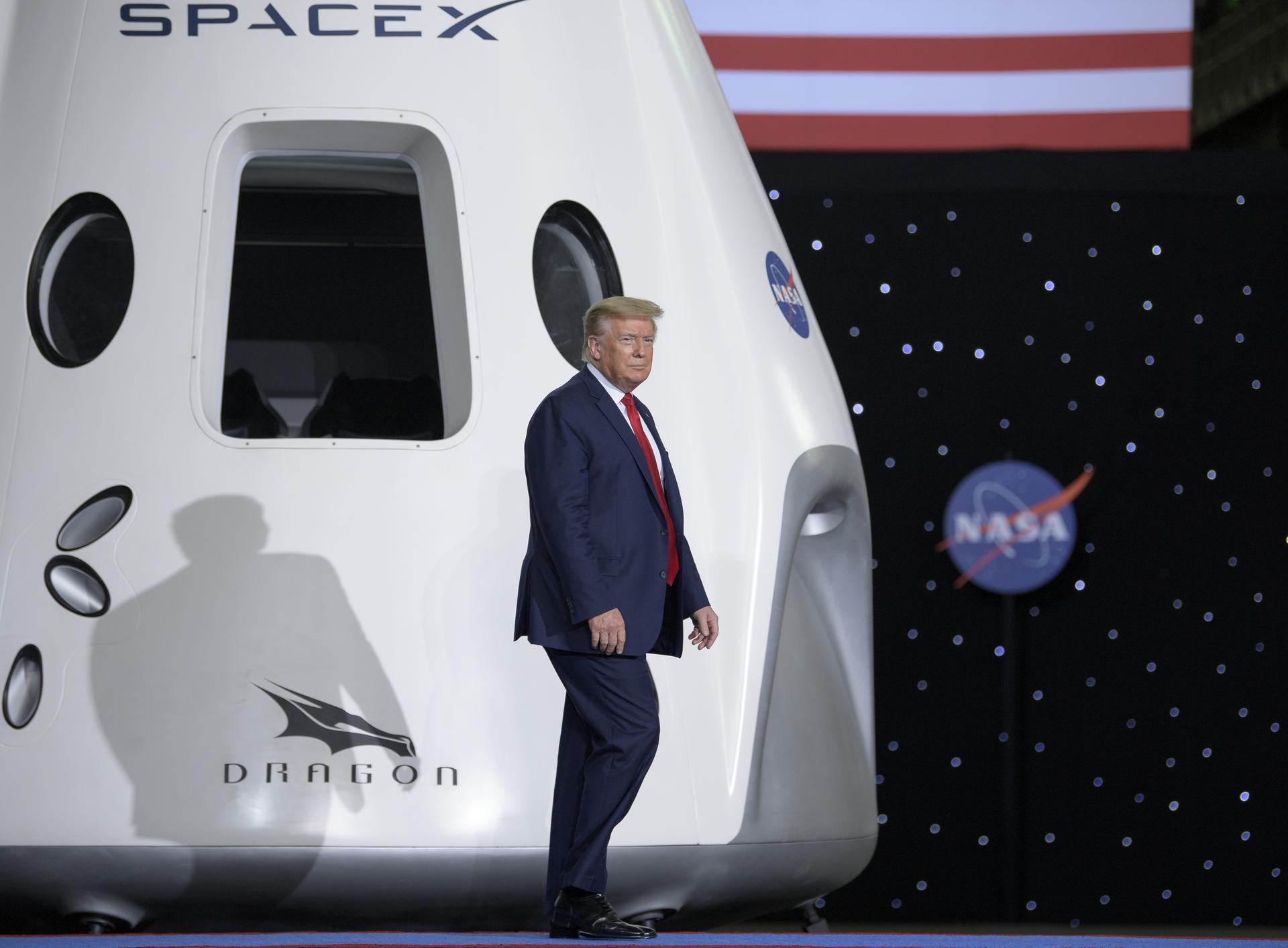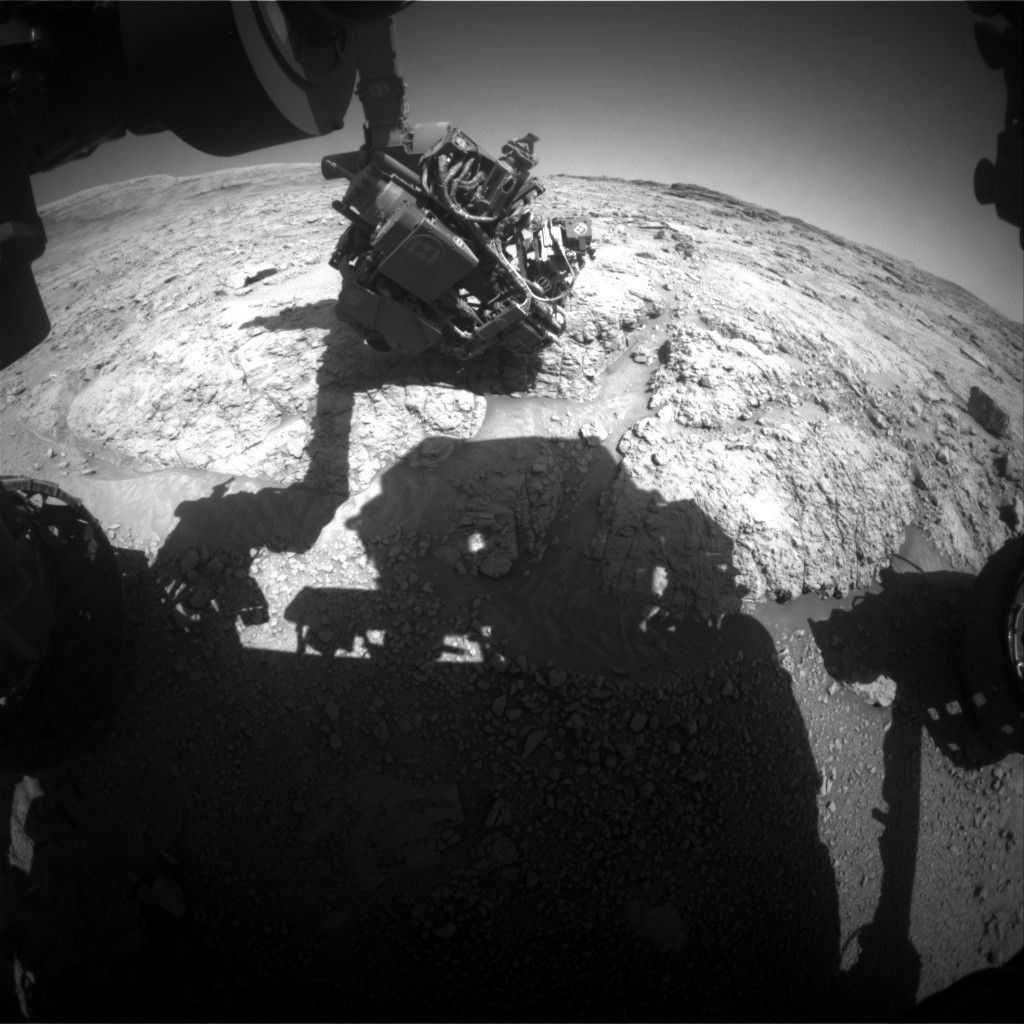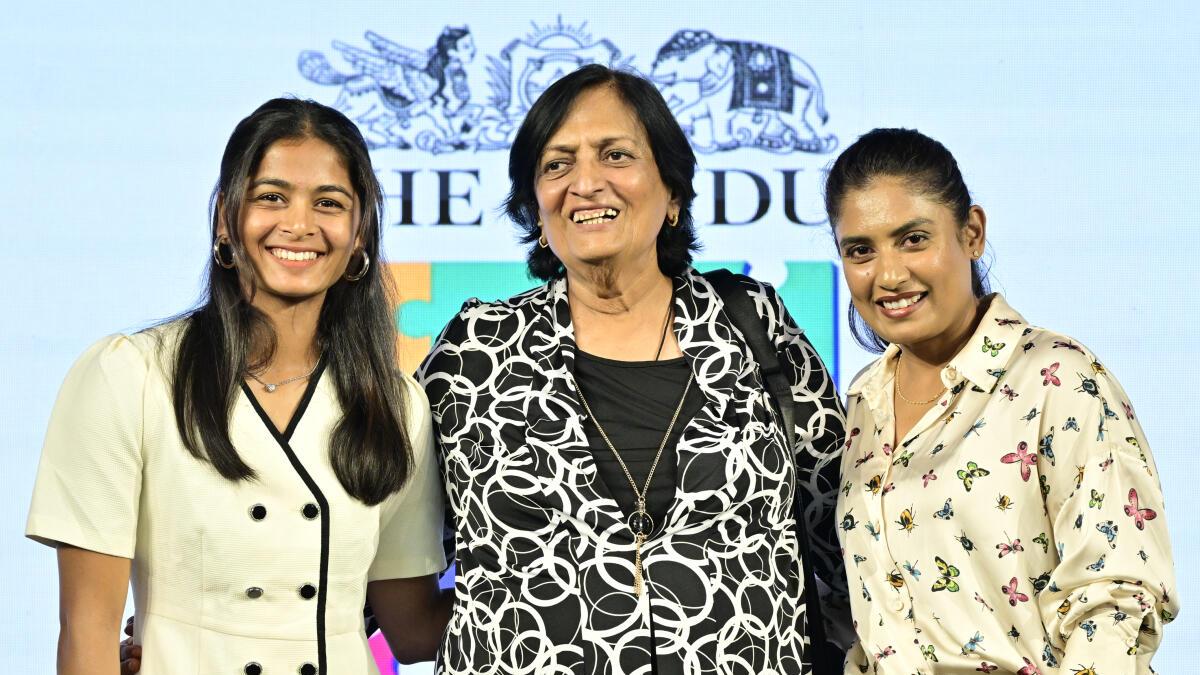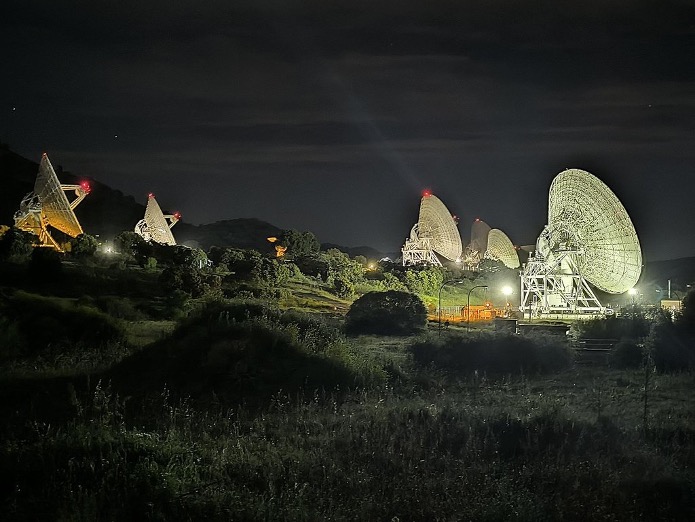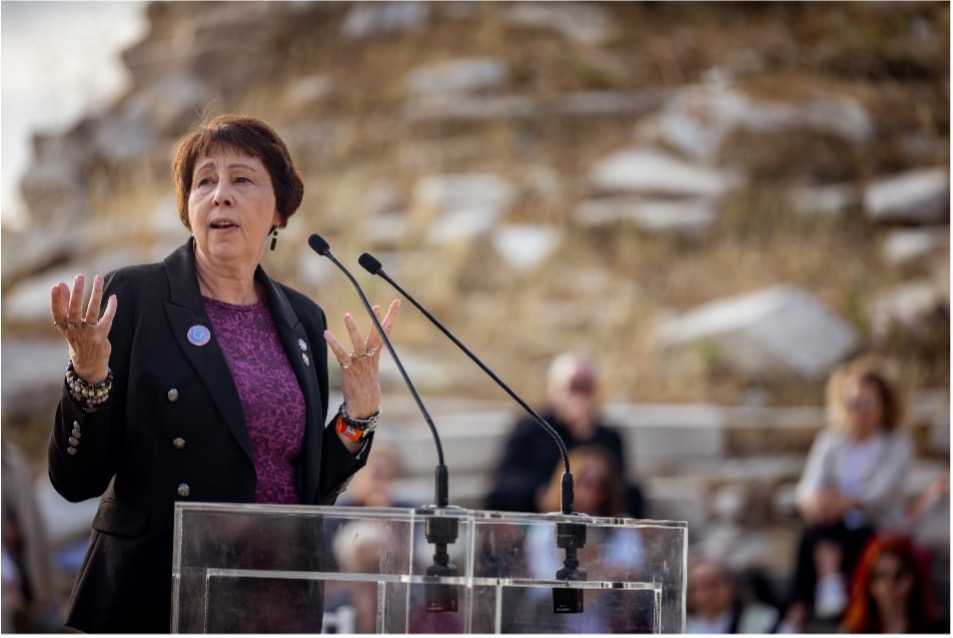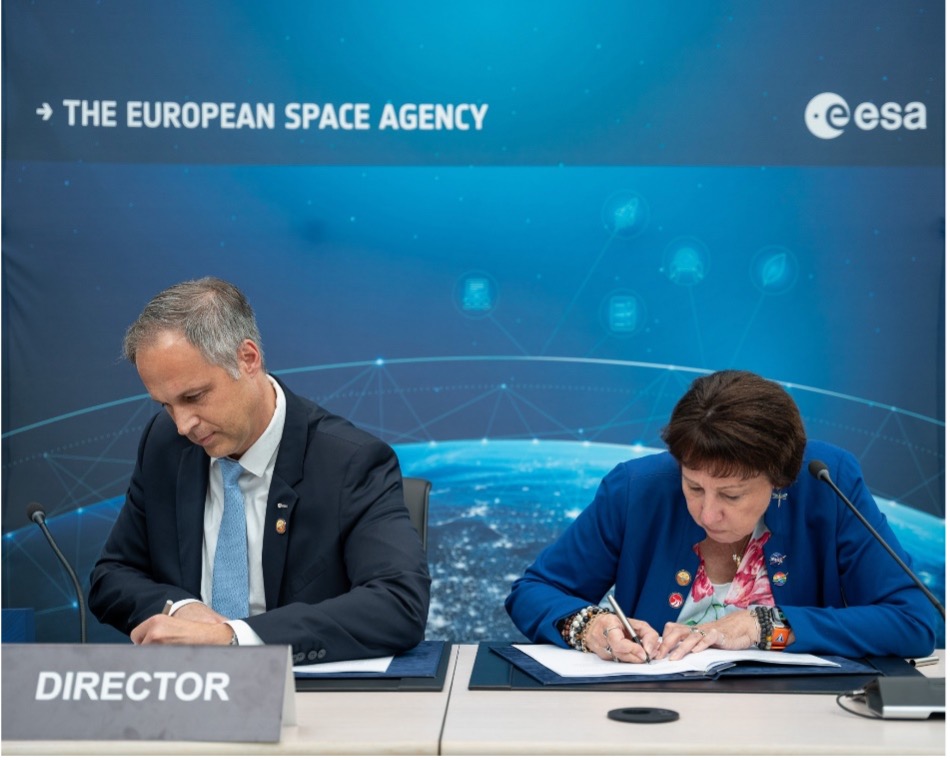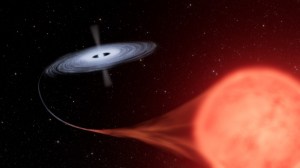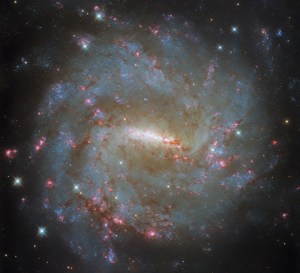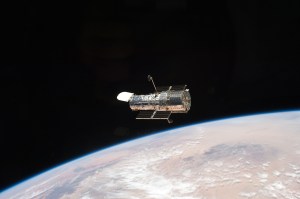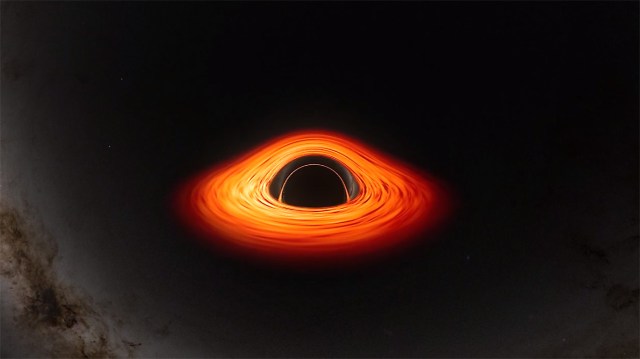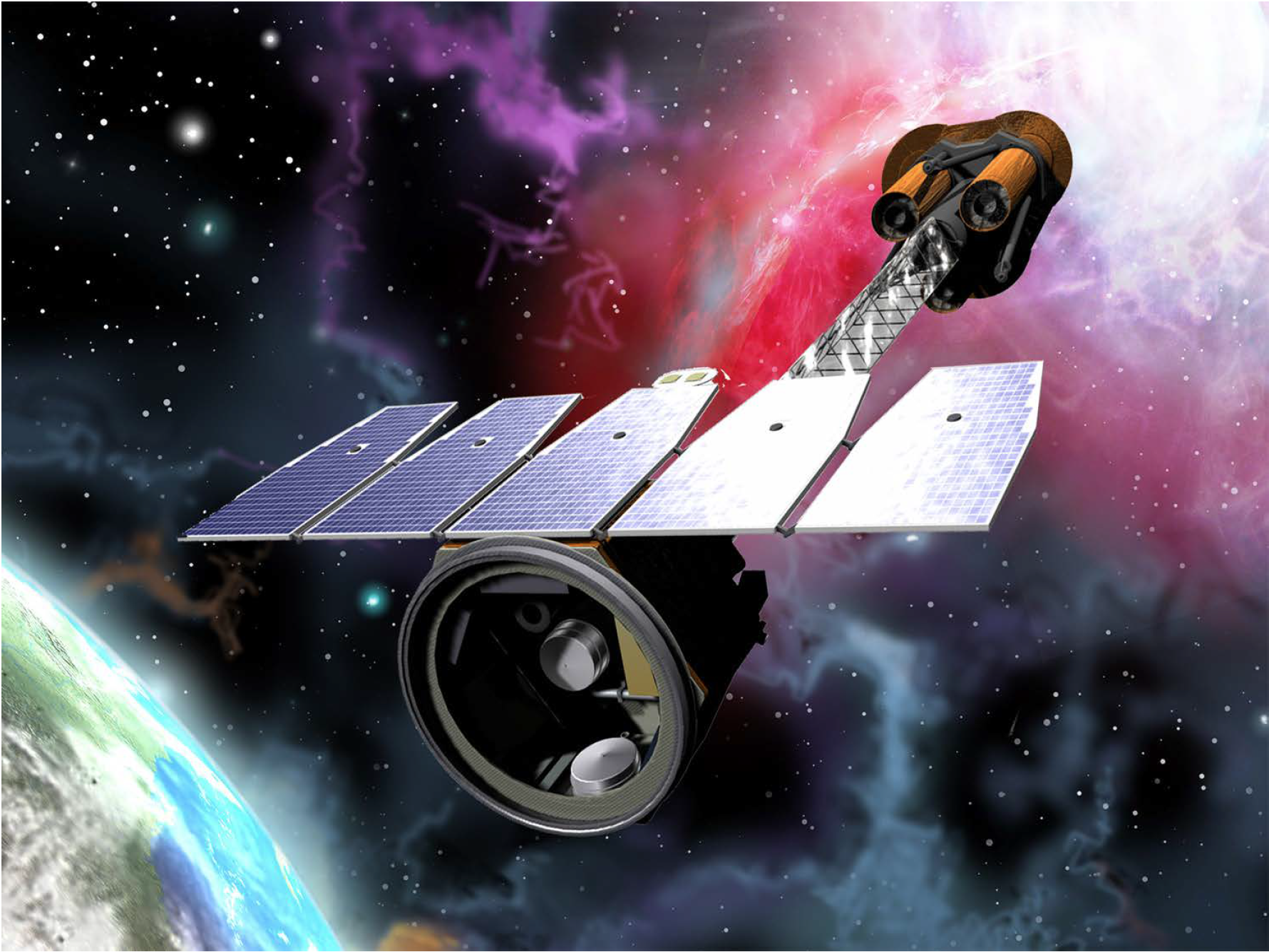Associate Administrator for the Science Mission Directorate Visits Partners in Spain, United Kingdom, Greece, and France
A few weeks ago, I had the distinct pleasure of engaging with several of our strategic partners and friends across Europe. It was a full European tour: two weeks in Spain, the United Kingdom, Greece and France. Throughout the trip, I had many opportunities to discuss our exciting upcoming missions and the incredible impact NASA […]
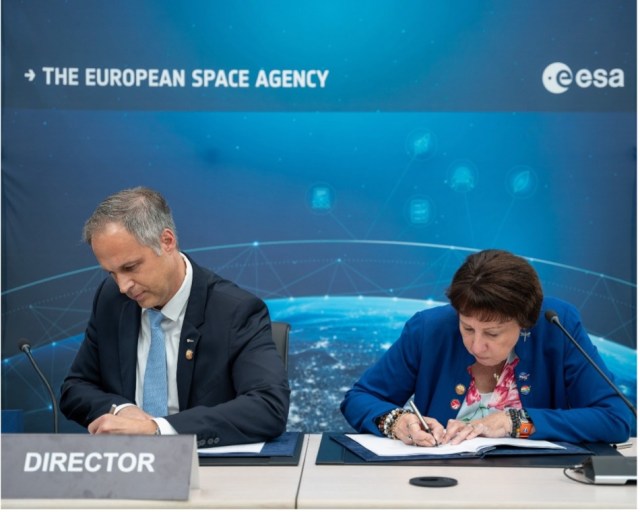
5 min read
Associate Administrator for the Science Mission Directorate Visits Partners in Spain, United Kingdom, Greece, and France
A few weeks ago, I had the distinct pleasure of engaging with several of our strategic partners and friends across Europe. It was a full European tour: two weeks in Spain, the United Kingdom, Greece and France. Throughout the trip, I had many opportunities to discuss our exciting upcoming missions and the incredible impact NASA Science has on the world.
In Madrid, I met with the U.S. Ambassador to Spain to discuss how scientific discovery is a global endeavor and how the Science Mission Directorate empowers the scientific community worldwide. I also met with the Director of the Madrid Deep Space Communications Complex to thank the team for their exceptional efforts in providing the vital communication link between Earth and our deep space explorers. The team is critical in supporting our NASA Science missions like Voyager, STEREO, New Horizons, Perseverance, James Webb, and Psyche just to name a few. They are also gearing up to support Europa Clipper which is launching in October to study Jupiter’s icy moon for the first time.
Next, I toured the Leicester Space Park in the UK to discuss our ongoing collaborations with the University of Leicester and the United Kingdom Space Agency. In London, I presented at the Codex International Technology Leaders Network about our ongoing search for life in our solar system and beyond. I shared how our hunt for exoplanets and technosignurates are built upon the great legacy of telescopes like Keppler, Chandra, and Hubble. These telescopes, and the incredibly powerful James Webb Space Telescope, are laying the groundwork for the eventual launch of the Habitable Worlds Observatory, the first space telescope that would be designed to find life as we know it outside our solar system, while exploring broader secrets of the universe. It was a unique opportunity also talk about the intersections between the search for life and our own work here at home to understand our changing climate and accessible science. I also got the chance to explore the British Interplanetary Society’s extensive collection of space artifacts before taking off for Greece.
In Greece, I visited the sacred island of Delos – the birthplace of the mythical twin gods Apollo and Artemis – to participate in the Alpha Mission Delos Global Gathering. The mission of Alpha Mission Delos is to raise awareness around the climate crisis and calls to action people from all walks of life. What is incredibly special about Delos is that it is an open museum with history all around, and allowed us to see first-hand the effects climate change and rising sea levels have had on the ancient ruins that were once the cosmopolitan epicenter in the Mediterranean. I also witnessed archaeological sites that are now being re-buried so that they may be preserved for future generations to study. It reminded me of the need to preserve environments, here at home, but also as we go back to the Moon and on to Mars. The Artemis Accords, of which Greece is a signatory, will help us do just that.
Throughout my days at the Gathering, we discussed the intersections between science, art, and the humanities. I shared how the Artemis program gives us the unique opportunity to understand that humanity will not succeed in addressing the challenges we are faced with today unless we combine the wisdom of the past with the knowledge and possibilities of today. With the Apollo program, we went to the Moon as a single nation, but with Artemis, we go together. To tackle challenges like Artemis and the impacts of a changing climate, we know how important it is to engage audiences and stakeholders that are not just scientists and engineers, and make them feel part of the mission. I noted the importance of inclusive teams and inclusive science. Science is for everyone, and the whole-of-self approach is valuable for putting a mission into space, and using the data here on Earth, to understand our home and solar system and our place in it. We all have a unique role to play in humanity’s exploration of the cosmos and beyond. It was a powerful reminder that science and space truly connect us all.
In France, it was a fitting to end my trip when I formally signed a new Memorandum of Understanding to expand NASA’s work on the ESA-led ExoMars Rosalind Franklin rover mission launching in 2028. The Rosalind Franklin rover’s unique drilling capabilities and onboard samples laboratory have outstanding scientific value in humanity’s search for evidence of past life on Mars. NASA supports the Rosalind Franklin mission to continue the strong partnership between the United States and Europe to explore the unknown in our solar system and beyond.
It was a whirlwind of a trip, but I learned so much about how we, together as countries, partners and friends, use the vantage point of space to achieve humanity’s journey in discovery about our home planet, our solar system neighborhood, and the unknown beyond to better understand our place in the cosmos from a scientific perspective. Together, let us remember to merge the experiences and talents from all walks of life and foster inclusion to conquer such an audacious goal.
Share
Details
Related Terms
What's Your Reaction?








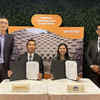

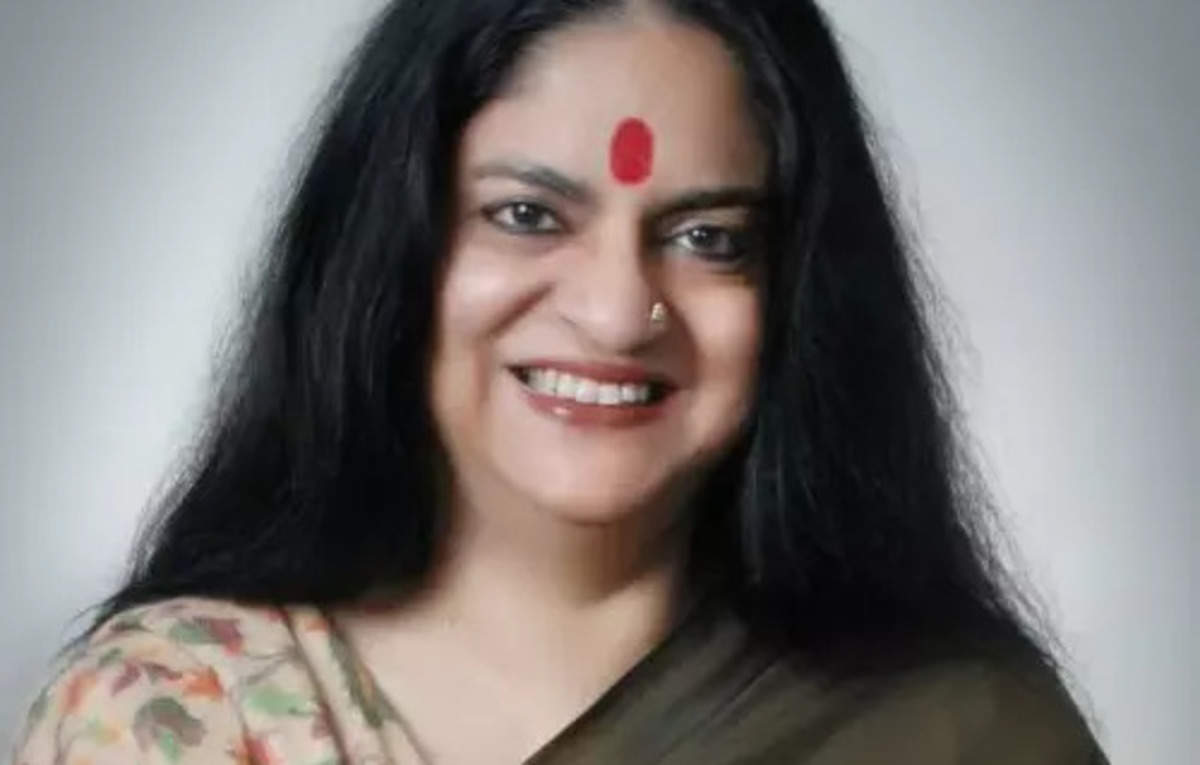
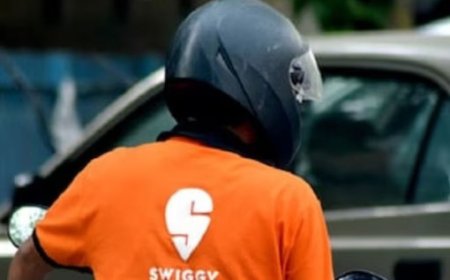
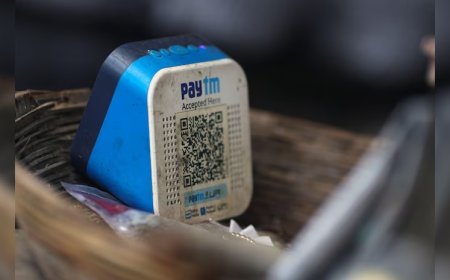
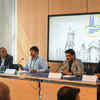
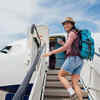

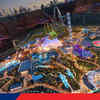
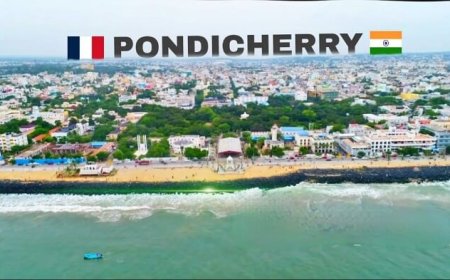

.jpg?#)

